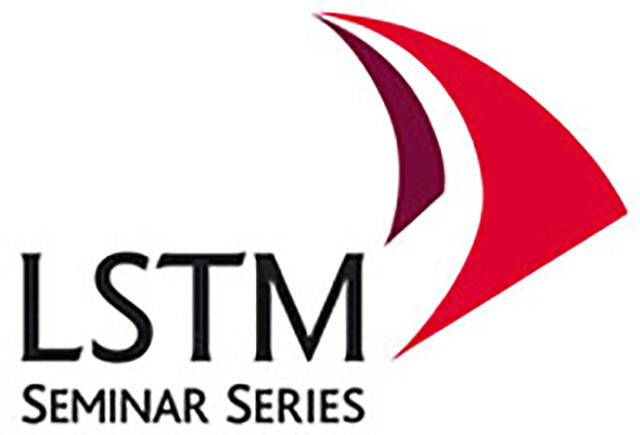
LSTM’s Seminar Series continued this week with a talk from Dr Oliver Billker and Dr Julian Rayner of the Welcome Trust Sanger Institute. Their seminar, entitled: Scaling up the identification of gene functions in Plasmodium, was introduced by LSTM’s Professor Giancarlo Biagini.
Dr Billker began by providing a brief introduction to Wellcome Trust Sanger Institute and its malaria programme. He explained that both his group and the group of Dr Rayner worked in one branch of that programme looking at different approaches to examine natural and experimental genetic variation to examine the biology of host – parasite interactions. He explained that the talk would focus on Plasmodiumberghei, which infects mammals other than humans and Plasmodium falciparum, which causes the most dangerous form of malaria in humans.
Against the background of drug resistant malaria their groups aim to address the problem at a genome wide level, looking at how different variants of the Plasmodium parasite interact with their host, in order to identify new drug targets. Dr Billker explained the PlasmoGEM project which has been set up by the Institute and produces and distributes free tools for genetic manipulation of malaria parasites for research purposes. The team’s initial aim is to produce DNA vectors for the targeted manipulation of every gene in P.berghei.
Dr Billker talked through some elements of the research so far, explaining why P.berghei is such a good parasite to work with to identify knock out genes and identify and validate drug targets at genome level. His part of the talk concluded by looking at what the next step in the research is, including using the same or similar methods to examine other plasmodium species.
Dr Rayner’s part of the talk focussed on the work carried out on P.falciparum, especially work related to the proteins involved in the invasion of human red blood cells, looking at cell surface interaction. He explained that roadblocks to this work included the lack of knowledge of the proteins of the red blood cells that interact with the proteins of the parasite. Another group at the institute have developed a screening assay called AVEXIS (AVidity-based EXtracellular Interaction Screen) that overcomes many of the technical problems associated with identifying cell surface interactions between proteins.
Using this technology Dr Rayner explained that they have been able to identify a particular protein called RH5 which is plays an important role in the invasion of human red blood cells by the parasite. He concluded that work carried out indicates that this could make the protein a good target for vaccine development and potentially help guide eradication strategies in malaria endemic regions.